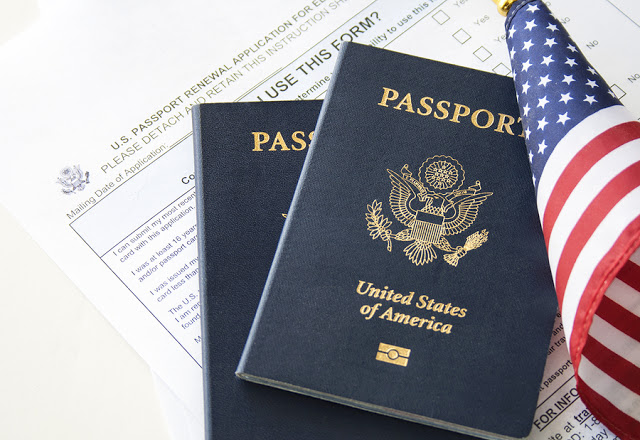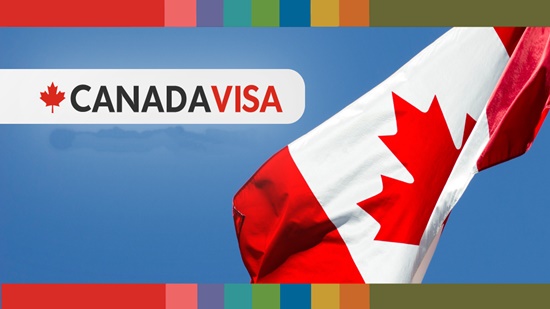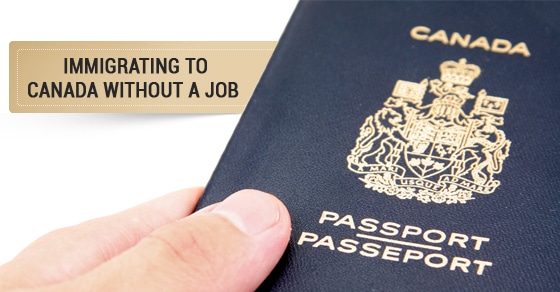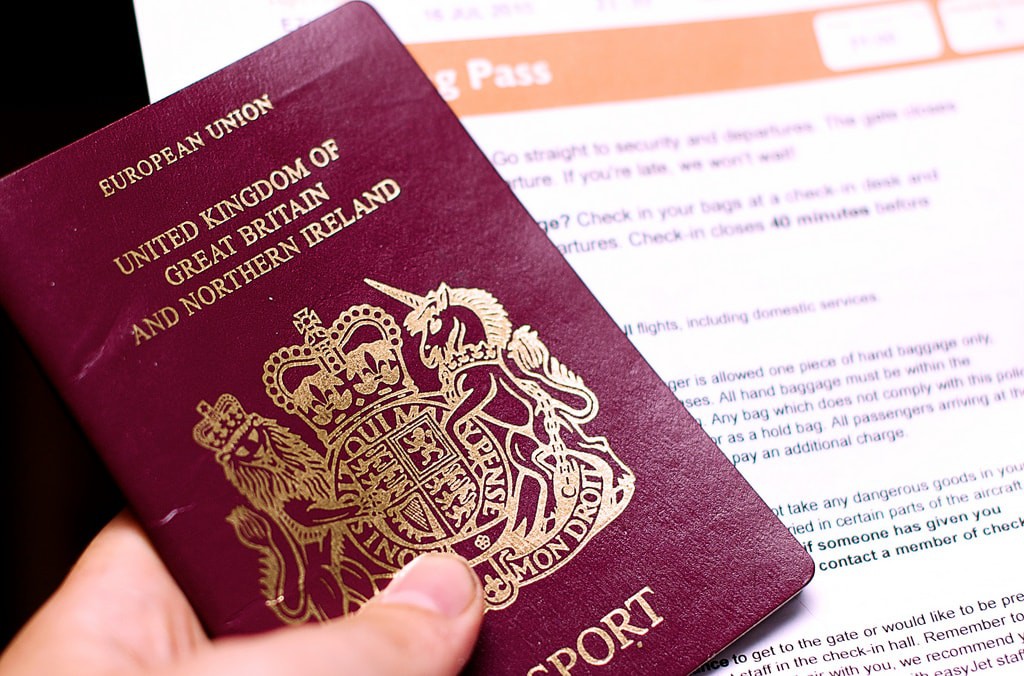5 Easiest Ways to Immigrate to the United States of America
5 Easiest Ways to Immigrate to the United States of America
5 Easiest Ways to Immigrate to the United States of America
The United States of America offers various pathways for individuals seeking to immigrate and establish a new life in the country.
While the immigration process can be complex, certain pathways are considered relatively easier and more accessible for potential immigrants.
This guide presents the five easiest ways to immigrate to the United States, providing an overview of each pathway and answering frequently asked questions to help you navigate the process.
1. Family Sponsorship
One of the easiest ways to immigrate to the United States is through family sponsorship. If you have close relatives who are U.S.
citizens or permanent residents, they can sponsor your immigration by filing a petition on your behalf.
Immediate relatives, including spouses, parents, and unmarried children under 21 years old, have higher priority.
Other family members, such as siblings and married children, fall under different preference categories with longer waiting times.
2. Employment-Based Visas
Obtaining an employment-based visa is another accessible route for immigrating to the United States. If you possess specialized skills, professional qualifications, or job offers from U.S.
employers, you may be eligible for an employment-based visa. These visas are typically categorized into several preference categories, with higher priority given to individuals with exceptional abilities, advanced degrees, or sponsorship by U.S. employers.
3. Diversity Visa Lottery
The Diversity Visa (DV) Lottery, also known as the Green Card lottery, provides an opportunity for individuals from countries with historically low rates of immigration to the United States to obtain permanent residency.
Each year, a limited number of diversity visas are randomly awarded through a lottery system. Eligible participants must meet specific education or work experience requirements and come from eligible countries.
4. Refugee or Asylum Status
If you are fleeing persecution or facing a well-founded fear of persecution in your home country, seeking refugee or asylum status in the United States is an option.
Refugees apply for protection while outside the United States, whereas asylum seekers apply from within the country.
This pathway requires demonstrating a credible fear of persecution based on factors such as race, religion, nationality, political opinion, or membership in a particular social group.
5. Invest in the U.S. Economy
For individuals with substantial financial resources, investing in the U.S. economy can provide a viable pathway to immigration.
The EB-5 Immigrant Investor Program allows foreign investors to obtain permanent residency by investing a certain amount of capital in a qualifying U.S.
business venture. The investment must create or preserve a specific number of jobs for U.S. workers.
FAQs (Frequently Asked Questions)
Q1. How long does the immigration process take for these pathways?
A1. The processing time varies depending on the pathway and individual circumstances. Family sponsorship timelines depend on the specific family relationship and the visa category.
Employment-based visas may have different processing times based on the preference category and country of origin. The DV Lottery winners go through a selection and vetting process, while refugee and asylum processes can take varying lengths of time.
It is best to consult official immigration resources or an immigration attorney for accurate processing time estimates.
Q2. Are there any age or language requirements for these immigration pathways?
A2. Age and language requirements differ among the different immigration pathways. Family sponsorship, employment-based visas, and the EB-5 Investor Program do not have specific age limits.
However, language proficiency may be a factor in employment-based visas, particularly for certain professions or visa categories.



